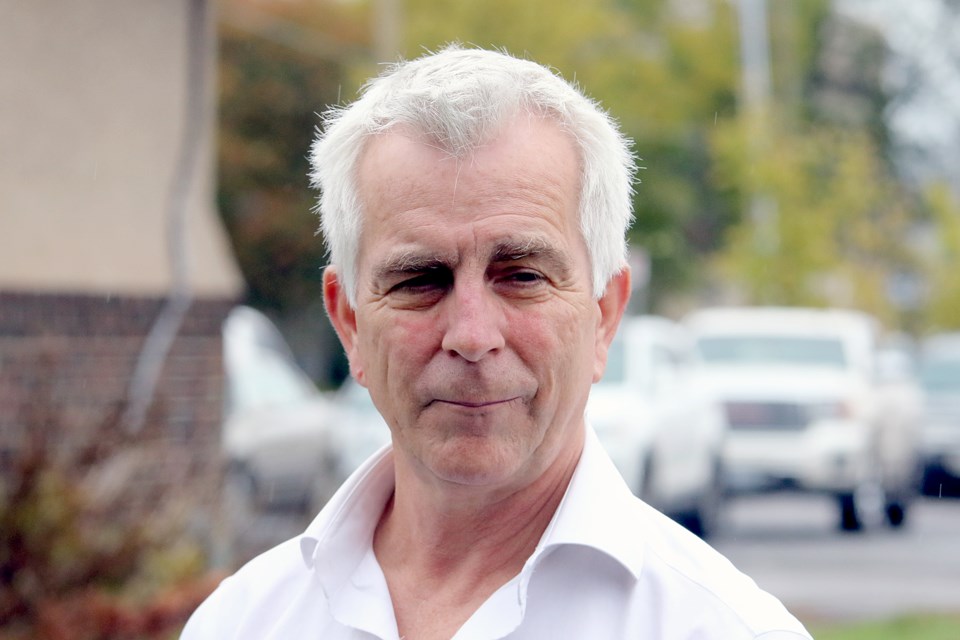THUNDER BAY — Thunder Bay-Rainy River MP Marcus Powlowski continues to maintain his opposition to Bill C-7, the Trudeau government's legislation on medical assistance in dying (MAID).
He worries the bill will make it too easy for people suffering temporary depression to end their lives.
Bill C-7 would amend the Criminal Code to permit MAID for individuals "whose natural death is not reasonably foreseeable."
It's the government's response to a Quebec court ruling last year that said the requirement that individuals must face a reasonably foreseeable natural death in order to qualify for MAID is unconstitutional.
Powlowski is a doctor, and holds two law degrees.
He says he has written health legislation and has consulted for the World Health Organization.
"I have a bit of background with this kind of issue. I have been working with people who are dying for most of my life, so I think I come at this from a particular vantage point that probably no other member of parliament has," Powlowski said in an interview Wednesday.
The Liberal MP said he will vote against his own party with reluctance, but feels it's morally incumbent on him to stand up when it comes to issues of life and death.
He said he doesn't oppose MAID in principle, as "in certain circumstances it is the best choice amongst a number of very lousy choices."
However, Powlowski has concerns about the proposed legislation as it stands.
"The way it is written at the moment, it would allow somebody with a chronic disability, who was transiently depressed because their life wasn't good, to undergo MAID when, had they had a longer period of time, it would have come around," he said.
Powlowski cited an example of how Bill C-7 might apply to an individual who's paralyzed at a young age by a spinal cord injury.
"You're going to be severely depressed as a result of that injury, and you may well want to die. The legislation only requires you to wait 90 days from the time you request MAID. But it may well be that it takes a longer time for you to realize there is still reason to live."
He noted that as an emergency room doctor, he had the power to forcibly confine patients for up to 72 hours if they seemed suicidal by completing an application known as Form 1.
"Just as the Form 1 gives the doctors the ability to confine somebody to protect them from themselves, I think we want to ensure people don't kill themselves through the MAID process because of the transient state of mind."
Powlowski said as a doctor, he's spent 30-plus years doing everything in his power to ensure he doesn't accidentally kill patients. Similarly, as a legislator, he can't support something that could result in people dying without "the great medicine of tincture of time."
He acknowledges, he said, that this is difficult legislation that seeks to balance competing interests.
"We have calls for being far more liberal in allowing people to access medical assistance in dying. On the other hand, we have people with disabilities and people with other concerns pushing the other way. This was an attempt to reach a compromise."
Conservative Leader Erin O'Toole has argued the bill removes safeguards to protect people with disabilities from being coerced or pressured by a lack of supports into ending their lives prematurely.
The Liberal government is trying to meet a Dec. 18 deadline to comply with the Quebec court ruling, but the Conservatives are trying to delay its passage.
The Senate must also approve the bill.
Powlowski noted senators could still introduce amendments.
